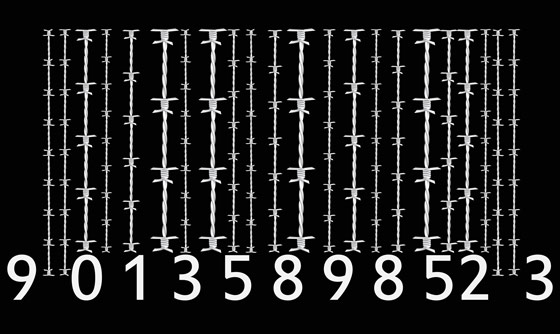This article was originally published by Arsenio Toledo at Natural News.
A survey has found that a vast majority of Americans do not support the widespread adoption of a central bank digital currency (CBDC) in the United States.
This was according to a survey conducted by the libertarian think tank the Cato Institute in collaboration with market research and polling company YouGov, known as the “Cato Institute 2023 Central Bank Digital Currency National Survey.” (Related: State legislatures are sneakily introducing amendments to laws that would pave the way for CBDC domination.)
According to the survey, just 16 percent of Americans support the adoption of a CBDC in the country. More than double – 34 percent – would actively oppose the Federal Reserve offering a CBDC, and many Americans – 49 percent – do not have a strong opinion on CBDCs, likely from a lack of proper information about what CBDCs are.
Support for a CBDC is widely unpopular with both Democrats and Republicans, with only 22 percent of Democrats and 11 percent of Republicans stating that they would support a CBDC. Similarly, only 14 percent of political independents support a CBDC.
The survey was conducted from Feb. 27 to March 8 from 2,126 respondents, who were then matched down to a sample of just 2,000. It has a margin of error of plus or minus 2.54 percent.
CBDC would link Americans directly to the Fed
In its report on the survey, written by Cato Institute Vice President and Director of Polling Emily Ekins and research associate Jordan Gygi, the institute said that while Americans regularly use digital dollars through credit cards, debit cards, or other digital and mobile platforms, those dollars are liabilities of private commercial banks issued by them.
A CBDC would be a liability of the U.S. central bank, the Federal Reserve, and thus would create a direct link between regular citizens and the central bank that many Americans might not be comfortable with.
To illustrate this point, Ekins and Gygi noted that 74 percent of Americans expressed their opposition to a CBDC if they knew that the government would be able to monitor their spending. Sixty-four percent said they opposed a CBDC if the government could end up charging a tax on people if they do not spend enough and stimulate the economy during recessions.
Furthermore, 59 percent said they would oppose a CBDC if the government could use the reliance on digital currency to freeze the digital bank accounts of political protesters.
Sixty-eight percent opposed CBDCs if they would abolish all American cash and replace it; 65 percent said they oppose CBDCs if they would attract more cybercrime and cyberattacks; and 52 percent were opposed if CBDCs would cause people to stop using private banks, resulting in regional and mid-sized banks going out of business.
When considering the potential benefits and risks together, 76 percent of Americans believe the “government should not issue a [CBDC] because it would potentially allow the government to monitor what people buy and potentially control how they spend their money. The remaining 24 percent said they are mildly interested in exploring the potential of a government-issued digital currency if it could realistically reduce financial crimes and other illegal activities and increase regular access to the financial system.
Learn more about digital currencies like CBDCs and cryptocurrencies at CryptoCult.news.
Watch this clip of International Monetary Fund Managing Director Kristalina Georgieva calling for a global, interoperable system to allow international transactions using CBDCs.
This video is from the Thrive Time Show channel on Brighteon.com.










0 Comments